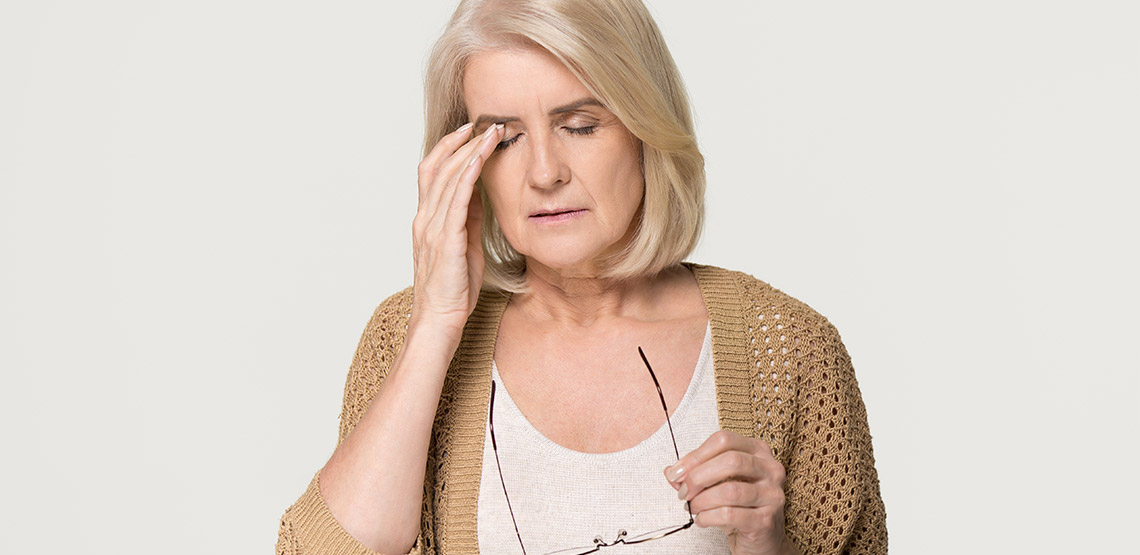What is Caffeine Addiction?
We have all heard that caffeine can be addictive, but many of us do not think twice about being addicted to it — until we stop drinking it. Here is your guide to coping with caffeine addiction.
Many people love their morning coffee, or even energy drink, and the feeling of being more alert and ready to take on the day. A recent study has even shown that caffeine has led to fewer workplace mistakes.
However, even though the use of caffeine is widely accepted and most people do not think of it as a drug, caffeine is an addictive substance and can have negative side effects.
How Caffeine Addiction Works
Caffeine is a substance that occurs naturally in certain plants, including coffee beans and tea leaves. It is also often added to soda, energy drinks, over the counter cold medications, pain medication and weight loss aids.
There is a chance a person may become dependent on caffeine and are unable to cut back on the amount of coffee they drink in a day or have other problems that are related to their consumption. In cases like this, it could be said that the person has a caffeine addiction. Dependent users will also get withdrawal symptoms if they should stop consuming caffeine every day or even every few hours.
Although it is not technically diagnosable, caffeine related disorders or caffeine use disorders are listed in the DSM-5. This is because the condition warrants further study because of the stimulating effects and side effects of caffeine. These can even mimic the effects that recreational drugs have.
Symptoms of Caffeine Addiction
The symptoms of caffeine addiction can vary, but the most common ones include:
- Sleep disturbances
- Anxiety
- Depression
- Stomach aches
- Acid reflux
- Muscle twitching
- Cardiovascular problems
- Pain in the body
- Irritability
- Nervousness
- Difficulty concentrating
- Thought disturbances
One of the most obvious signs of caffeine addiction is the inability to do daily activities without caffeine. If you are addicted, you will feel as if you cannot function without caffeine, opposed to consuming tea or coffee because you simply like it or it is a morning habit.
If you have tried to stop using caffeine and find that you either cannot stop or experience physical withdrawal symptoms, you have a dependence on caffeine.
Related Search Topics (Ads)
Caffeine Withdrawal Symptoms
There are various physical symptoms of caffeine withdrawal, although the most common symptom, according to research, is headaches. Symptoms other than headaches are:
- Fatigue
- Low energy and activeness
- Decreased alertness
- Drowsiness
- An overall bad mood
- A depressed mood
- Difficulty concentrating
- Irritability
- Feeling “foggy”
- Flu-like symptoms
- Nausea
- Vomiting
- Muscle pain or stiffness
These symptoms of caffeine withdrawal usually start about 12 to 24 hours after you have not had caffeine. The most symptoms appear between 20 and 51 hours after not having caffeine.
The withdrawal can last from two to nine days. It is also important to remember that it will depend on the person and how much caffeine they had been taking to determine the severity of the withdrawal symptoms.
How to Cut Down on Your Caffeine Consumption
If you feel that you are taking too much caffeine and would like to cut back on the amount, there are steps that you can take that will minimize the withdrawal symptoms.
The easiest way that you can cut back on caffeine is to do it gradually, instead of stopping it all at once. For example, you can start by drinking one less cup of coffee a day every few days.
You can also drink more water instead of relying on coffee throughout the day. Swapping out one drink a day with one that has either no or very little caffeine, like herbal tea or water with lemon.
Introducing exercise into your daily routine is also a great way to cut down on the caffeine you take in. This is because exercise is a natural stimulant for your body and central nervous system.
If you find that the withdrawal symptoms are very bad or if you need help to cut down on your caffeine use, you can speak to your local doctor or other health care practitioner. It could be that your caffeine dependence is hiding a deeper problem. If this is the case, you can work with a therapist or other health care practitioner to get to the bottom of it.
What is a Healthy Amount of Caffeine?
Most experts recommend that adults use no more than 400mg of caffeine per day. Although this may seem like a lot, it is approximately four cups of coffee.
As a rule of thumb, two to three cups per day is a good level at which to stay to get the most out of the positive effects.


